Conservative party manifesto: What will be Rishi Sunak’s key policies for the general election?
A guide to all the manifesto promises we could expect to see from the Conservatives before July 4
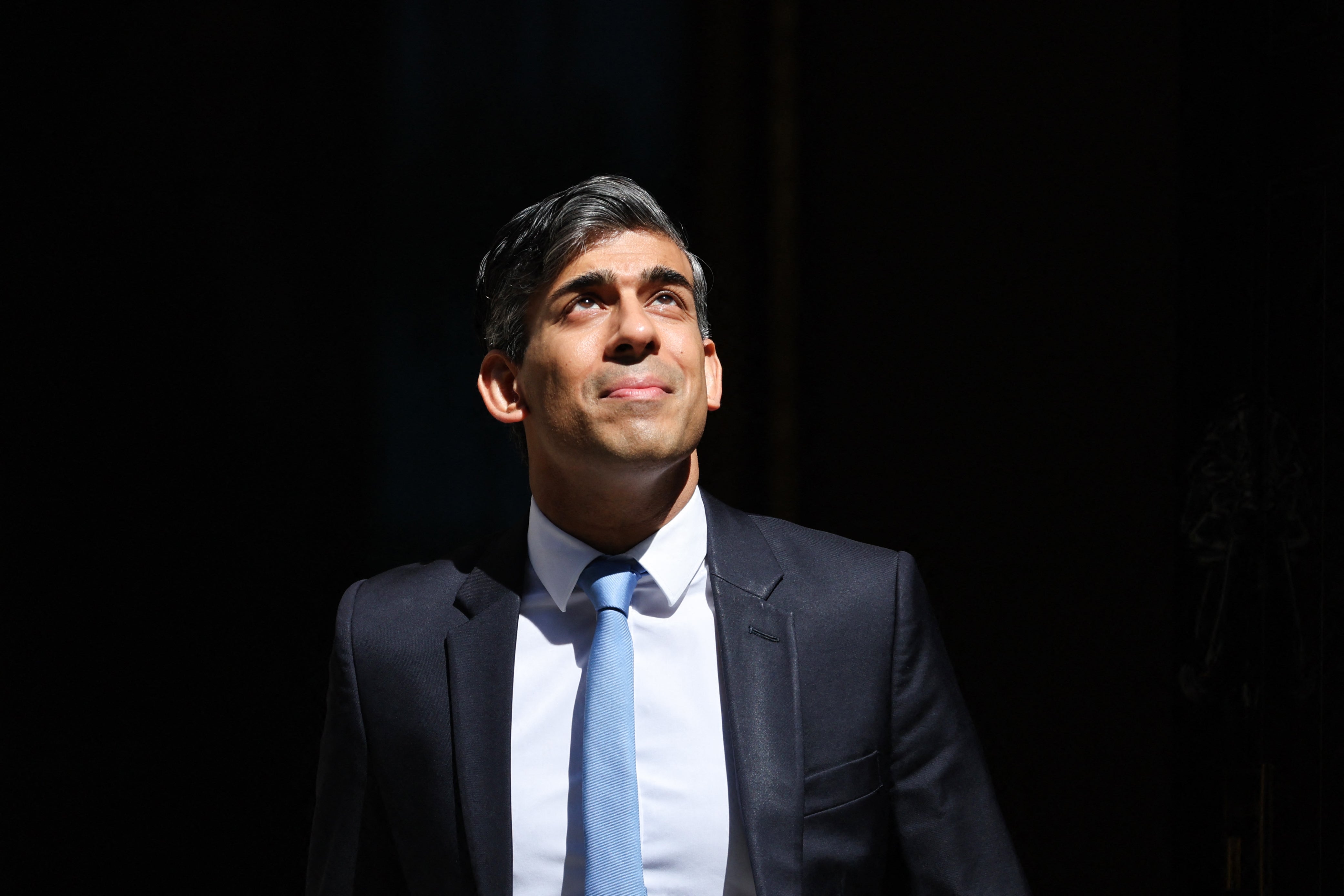
Your support helps us to tell the story
From reproductive rights to climate change to Big Tech, The Independent is on the ground when the story is developing. Whether it's investigating the financials of Elon Musk's pro-Trump PAC or producing our latest documentary, 'The A Word', which shines a light on the American women fighting for reproductive rights, we know how important it is to parse out the facts from the messaging.
At such a critical moment in US history, we need reporters on the ground. Your donation allows us to keep sending journalists to speak to both sides of the story.
The Independent is trusted by Americans across the entire political spectrum. And unlike many other quality news outlets, we choose not to lock Americans out of our reporting and analysis with paywalls. We believe quality journalism should be available to everyone, paid for by those who can afford it.
Your support makes all the difference.The Conservatives have pledged to change the law if they win the general election so transgender people could be legally excluded from single-sex spaces.
Kemi Badenoch said she would change the Equality Act so that the legal definition of sex matched biological sex, enabling male-bodied people to be legally excluded from single-sex spaces.
The announcement comes after Rishi Sunak announced his ‘triple lock plus’ policy, as well as national service for school leavers.
The steady drip of policy offerings comes while both parties are likely working away behind the scenes to finalise their manifesto offerings.
Mr Sunak announced the general election on May 22. Upstaged by the rain – and pranksters loudly playing D:Ream’s ‘Things Can Only Get Better’, closely associated with Tony Blair’s 1997 Labour victory – the prime minister reminisced on his time in office, before making the big announcement.
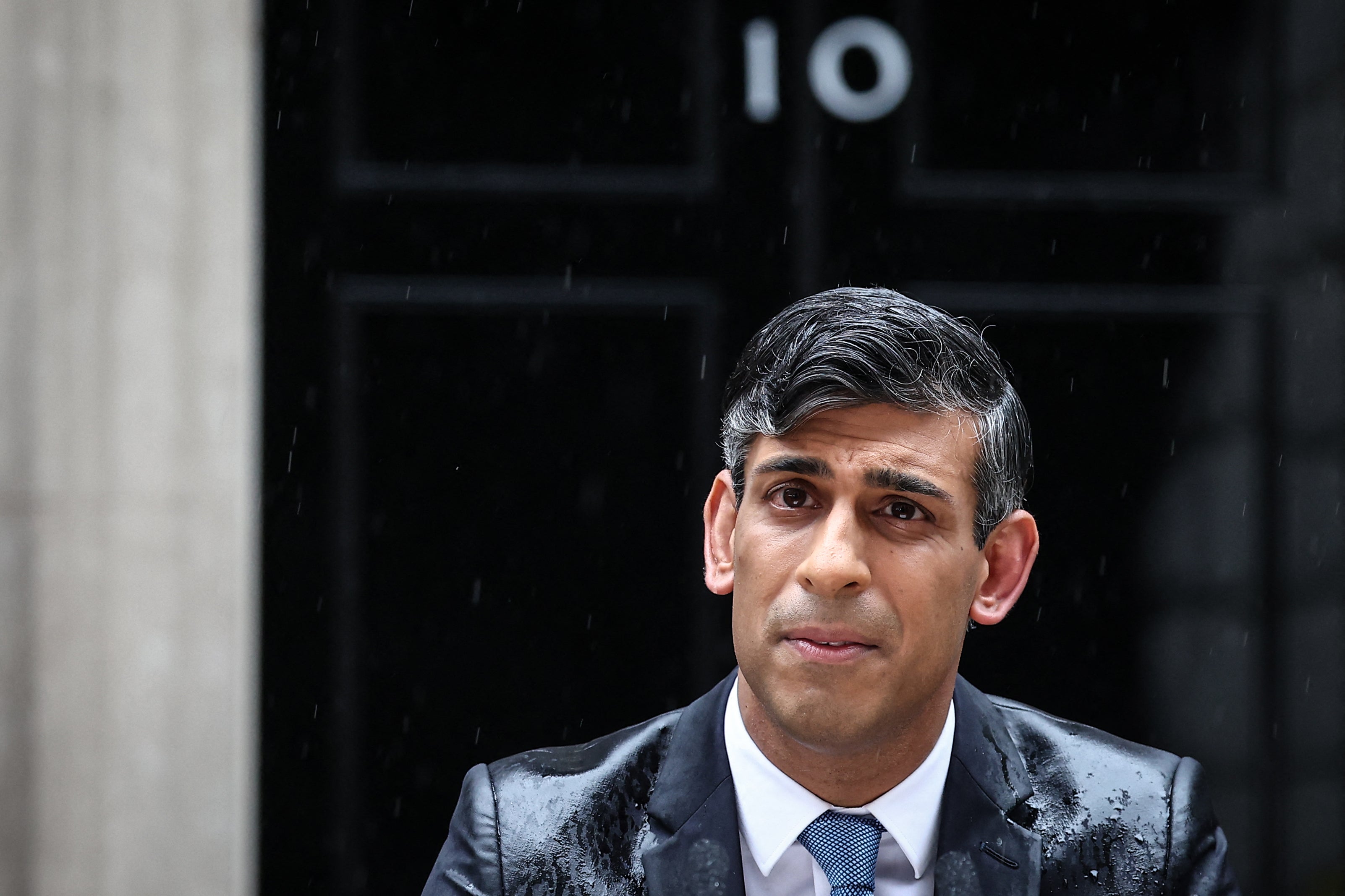
Taking a swipe at the Labour Party, the prime minister said: “I don’t know what they offer”, adding “they have no plan, there is no bold action, and as a result the future can only be uncertain”.
Responding to the news, Labour leader Keir Starmer released a video saying “it’s time for change”.
“They have failed. Give the Tories five more years, and things will only get worse,” he said.
While neither party has released an official election manifesto yet, which will come in the next few weeks, both have dropped hints and promises over the course of the past few years which offer a clue for their vision for the country.
Here’s where the Conservatives are likely to fall on some key policy areas ahead of the general election:
NHS
NHS waiting times have skyrocketed over the past two years, with the number of people waiting for a hospital treatment hitting a record 7.8 million in late 2023, with around a third waiting over 6 months.
The proportion of people waiting over 4 hours in A&E has also increased, reaching a peak of over 50 per cent last Summer, and now at around 45 per cent.
The Conservatives have pointed to the Covid pandemic as the driving force behind the increases, promising to work hard to reduce them if elected.
Mr Sunak has said his government will do this by introducing “record” funding, pointing out that the NHS budget has increased by 35 per cent since the start of the last parliament.
However, the Health Foundation has pointed out that, in real-terms, the government only increased NHS spending by 0.2 per cent from 2023/24 to 2024/25.

Nevertheless, the government has pledged an extra £1bn a year to the NHS if it is elected. This will pay for their goal of increasing the number of GP appointments by building 100 new GP surgeries, and modernising 150 more.
They say much of this funding will come from cutting managerial roles in the NHS, as well as reducing the use of management consultants.
The funding would also go towards paying for record recruitment targets, with the government aiming for 300,00 new doctors and 170,000 nurses by 2036/37.
It’s also likely the Conservative’s manifesto will double down on a 2020 pledge to build 40 new hospitals by 2030. However, with a report from the National Audit Office last year finding that the government is not on track to meet this target, Mr Sunak may take this opportunity to revise the figure.
Outside of GPs and hospitals, the government also wants to expand its Pharmacy First programme, which allows community pharmacists to supply prescription-only medicines for certain conditions without the need to visit a GP.
Also announced are 50 new community diagnostic centres: ‘one-stop-shops’ for checks, scans and tests away from hospitals.
NHS key points
- £1bn a year to increase number of GP appointments
- Build 100 new GP surgeries and modernise 150 by cutting NHS managerial roles
- Recruit 300,000 doctors and 170,000 nurses by 2036.37
- Expand the Pharmacy First programme
- Build a further 50 community diagnostic centres
- Deliver on 2020 policy of 40 new hospitals by 2030 (disputed)
Tax and economy
Economic policies have been a focal point of Mr Sunak’s premiership, making up three of the Conservatives’ five key priorities. They are: reduce inflation, grow the economy, and reduce national debt.
The first of these aims has largely been achieved, with inflation falling since the pledge was made, from 10.1 per cent to 2.3 per cent, although it is still above the Bank of England’s target of 2 per cent.
However, the respected IFS economic think tank has questioned Mr Sunak’s taking credit for the economic good fortune, with director Paul Johnson arguing that it is the Bank of England’s job to cut inflation and that the prime minister’s pledge was always “inappropriate”.
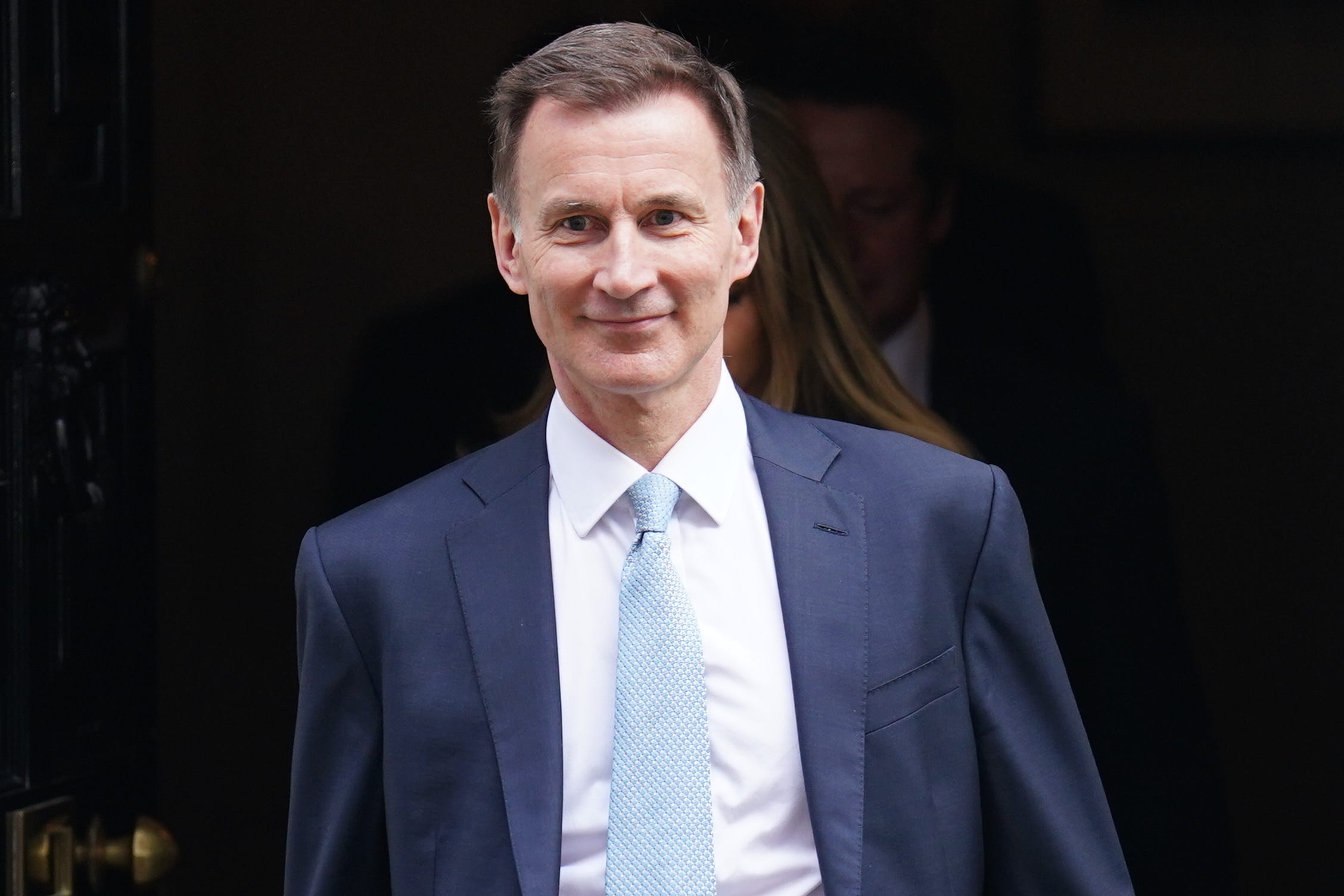
The economy has shown signs of growth since Mr Sunak’s pledges were made, with the economy forecast to have grown 0.5 per cent in 2023, and wages rising steadily. However, debt has risen to 89.9 per cent of GDP, up from 85.1 per cent in late 2023, when the prime minister promised to reduce it.
Following two consecutive cuts to National Insurance Contributions (NICs) in January and April 2024, Conservative chancellor Jeremy Hunt has indicated a desire to cut them even further if he can “afford” to.
This is despite a warning from the International Monetary Fund of a potential £30bn hole in the public finances, which the Treasury disputes.
Mr Sunak has even called abolishing NICs entirely his “long-term ambition” as it equates to a “double taxation”.
It’s unlikely this vision would be cemented in any upcoming manifesto, however, with the Office for Budget Responsibility predicting NICs will raise £168.1 billion for government coffers this year.
The Conservatives have also ruled out increasing income tax (or changing its bands), capital gains tax, or corporation tax.
Despite the opposition party matching the government on this promise, the Conservatives have attempted to draw a dividing line with Starmer on tax. Mr Hunt has claimed Labour will raise taxes “as sure as night follows day.”
Tax and economy key points
- PM and chancellor have both indicated a desire to cut NICs further – but no promises
- No increase to income tax, capital gains tax, or corporation tax
Pensions and Welfare
Mr Sunak announced the ‘pensions triple lock plus’ in late May, promising that the state pension will never be taxed under the Conservatives.
The measure will ensure that the income tax personal allowance will rise every year with triple lock measures, meaning the state pension amount will never exceed it.
Rising in April, the state pension is now £11,502, while the personal allowance is £12,570. It was frozen at this amount by the Conservatives in 2021. The OBR has forecast the state pension could outstrip this limit by 2027.
“Thanks to the Conservatives’ triple lock, pensions have risen by £900 this year and now we will cut their taxes by around £100 next year,” Mr Sunak said.
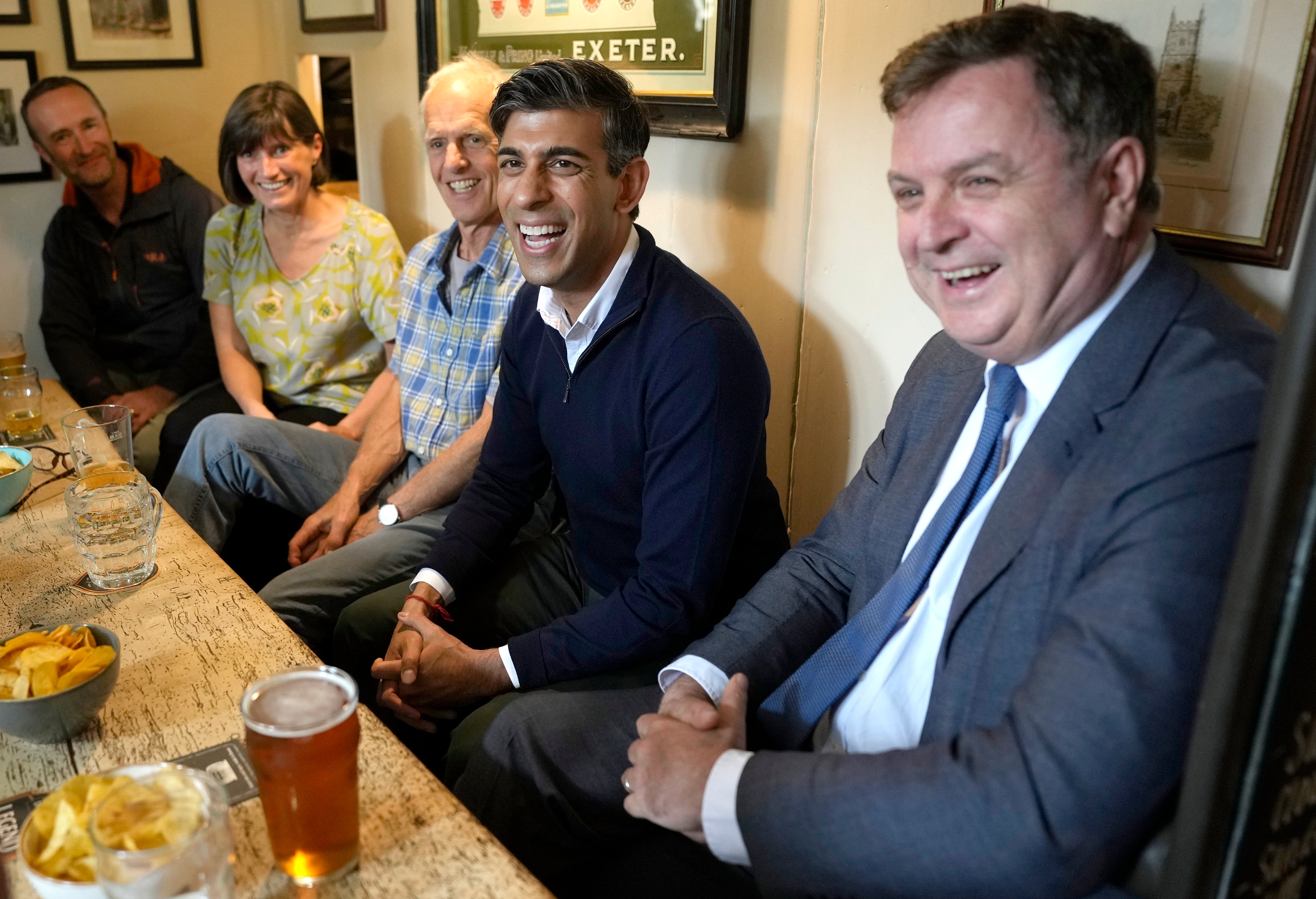
The move has not been matched by Labour, with shadow paymaster general Jonathan Ashworth saying it was not “credible”.
Director of the Institute for Fiscal Studies Paul Johnson also points out that the measure is largely a reversal of a recent Conservative policy, rather than a new offering from the prime minister.
With over 70s now the only age group for which the Tories are polling higher, it’s no surprise Mr Sunak is offering pensioners a pre-election gift.
But while pensioners are set to be big winners in the government’s election manifesto, welfare recipients are not so fortunate.
Mr Sunak has taken a hardline stance on welfare, courting criticism in April for his plans to crackdown on “sicknote culture” with a reform of the benefits.
Announced measures include reforming work capability assessments, removing benefits entirely for those who don’t take jobs judged as appropriate, and limiting support for ‘mild’ mental health conditions.
Pensions and Welfare key points
- Triple lock plus will mean people on state pension will never be taxed
- Punitive welfare reforms are on the horizon
Migration
The Conservative government has taken a hard stance on migration whilst in power, pledging to “stop the boats” and increase measures to deter immigrants and asylum seekers from heading to the UK.
Mr Sunak announced last year his goal of reducing net migration from 606,000 in 2022 to 240,000 in 2024.
His 12-point plan includes measures such as capping the number of people claiming asylum in the UK, raising the minimum salary threshold for skilled workers, and cutting visas for care staff and students.
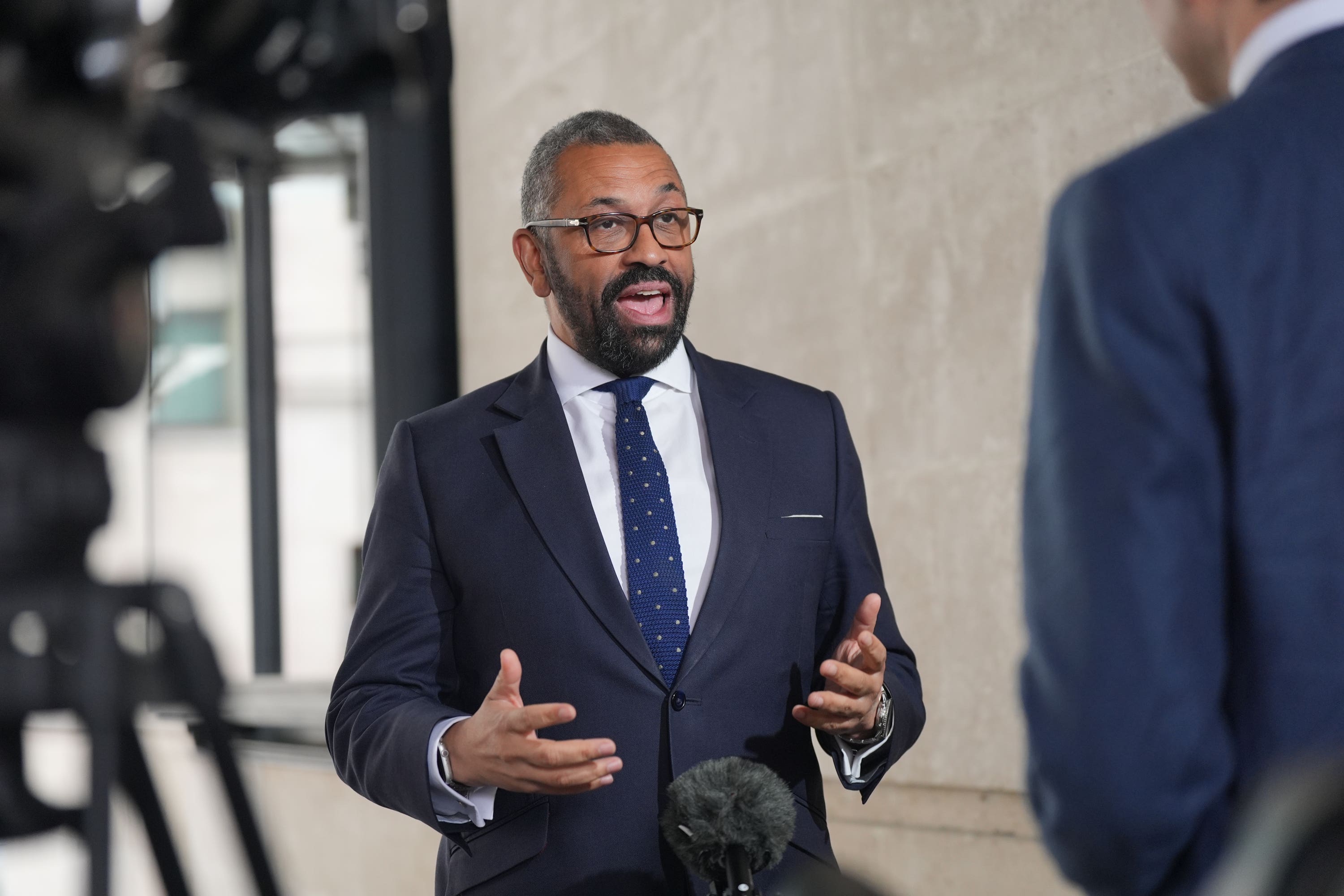
Some of these policies are already underway, and it’s unclear whether a Labour government would undo them.
The prime minister has also confirmed that he intends to reduce the number of visas available to migrants each year of the Conservative government, but no specific numbers have been given yet.
However, Mr Sunak has not yet delivered on his promise to reduce the number of people arriving into the UK via small boats, with a record number of migrants crossing the channel in the first three months of 2024.
Expect also the government’s controversial and long-standing Rwanda bill to feature prominently in the run up to the general election. Despite approval by parliament in April, it is unlikely a flight will take off under the scheme until late June or July.
Migration key points
- Reducing net migration to over 3 times below current levels
- A cap on refugees accepted for resettlement of 20,000
- Increasing the salary threshold for skilled migrants coming to the UK from £26,200 to £38,700
- Reduce number of visas available to migrants every year
- Delivering on the Rwanda asylum seeker deportation scheme
Education
In a major rework of school curriculums, the Conservatives have promised a new qualification framework called the ‘Advanced British Standard’ for 16- to 18-year-olds.
It will replace A-Levels and T-Levels, and increase the number of topics students study from the typical three to five, as well as ensuring everyone studies “some form” of maths and English to age 18.
The Department for Education has said the rollout will take around a decade, pledging £600 million in the first two years, as well as a £30,000 bonus for teachers in key shortage subjects, spread out over the first five years of their career.
The government has clashed with teacher’s unions during Mr Sunak’s tenure, seeing a number of teacher strikes organised over the course of 2023.
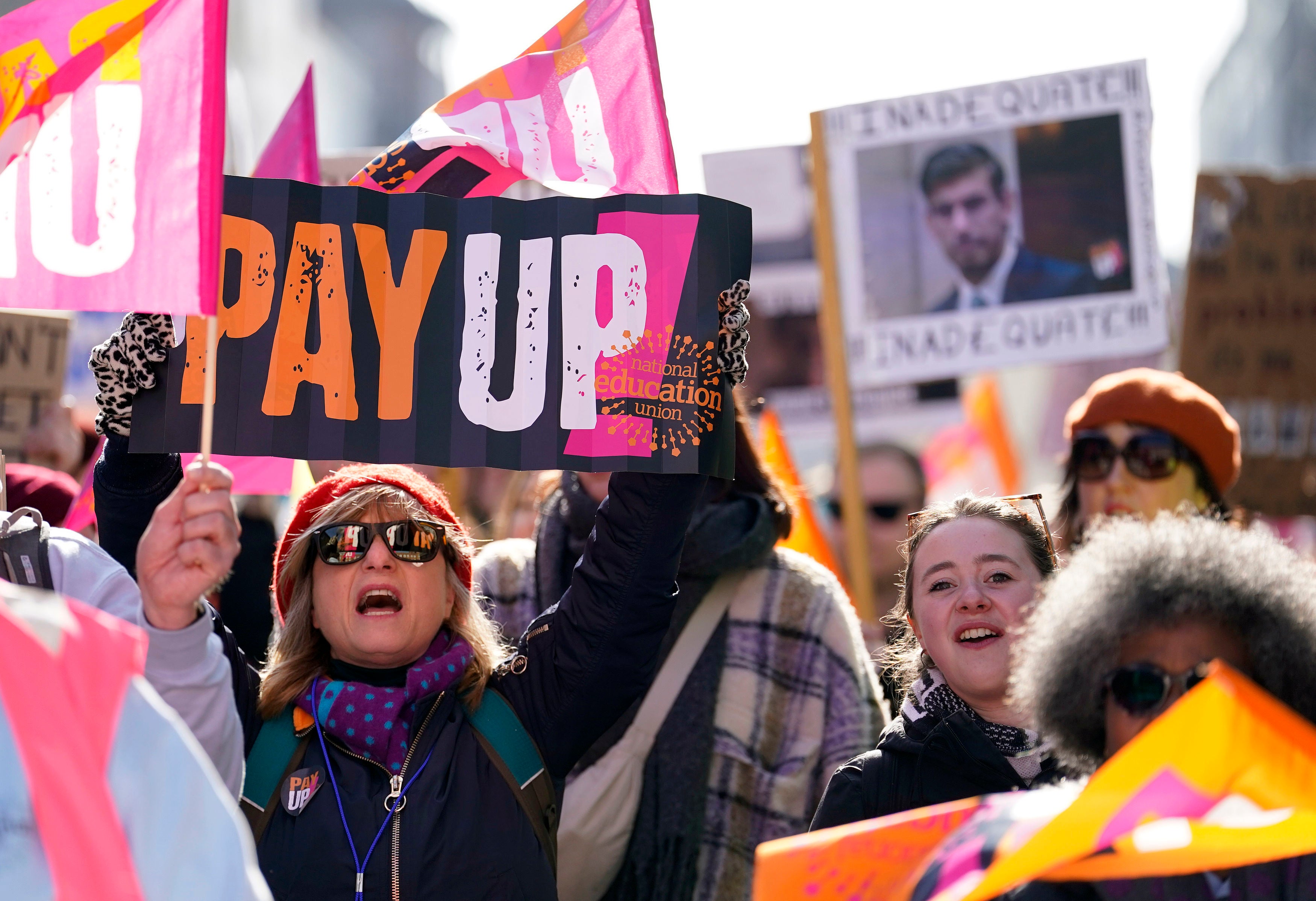
After accepting a pay offer last year, teachers’ unions are now looking to secure a further pay increase for September 2024. Education secretary Gillian Keegan was due to table a new pay offer soon, but this now looks unlikely and will probably fall to the next government.
The government has also said it would end sex education for schoolchildren under the age of 13.
Mr Sunak has also spoken out about his plans for Universities, pledging to create over 100,000 high-skilled apprenticeships in a year, funded by scrapping “rip-off degrees” with high drop-out rates and low job progression.
And on early years, the Conservative’s manifesto is likely to highlight the ongoing expansion to free childcare, with most working families eligible for 30 hours free childcare by September 2025.
However, there has been some concern from childcare providers that this expansion will exceed the sector’s current capacity.
Education key points
- The Advanced British Standard will replace A-Levels and T-Levels
- All students will study English and maths to age 18
- £600m funding to fill teaching shortages – while pay disputes rage on
- No sex ed until age 13
- Creating 100,000 high-skilled apprenticeships by scrapping “rip-off” degrees
- Continuing with the expansion of free childcare
Housing
The Conservatives have been quiet on their housing plans should they secure another term, but there are some hints of what direction they may look to head in.
The government had remained committed to a 2019 target of building 300,000 new houses a year – but this was watered down in 2022 by levelling up secretary Michael Gove after it was never hit.
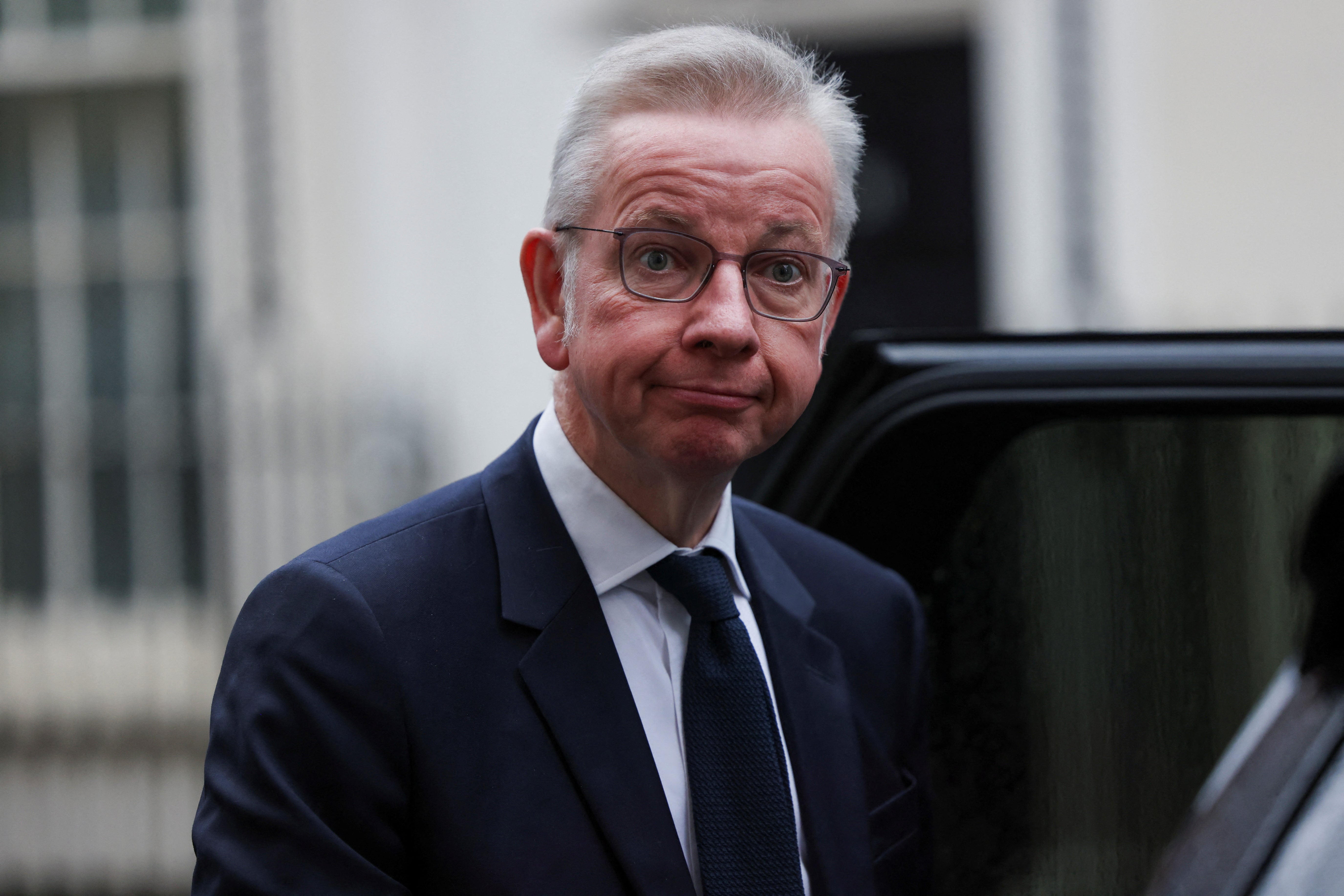
It’s possible they may use their manifesto to revise this figure, or could choose to double down on it.
In late 2023, the government announced leasehold reform measures as part of the King’s Speech. These aim to redress issues in the leasehold system, with measures which make it easier for leaseholders to buy a freehold of property, and reducing how much leaseholders have to pay in ground rent.
Meanwhile, the future of the Renter’s Reform Bill – designed to end controversial Section 21 “no-fault” evictions– has been called into question after the election announcement delayed its passing. This came after a series of amendments to the bill which campaigners said had become “watered-down”.
Housing key points
- New houses year-on-year – but probably not 300,000
- Delivering leasehold reform
- A “watered-down” Renter’s Reform Bill
Defence
In his first major policy announcement, Mr Sunak announced that he would reintroduce National Service for school leavers. They would be given the choice of either undertaking a 12-month military placement or spend one weekend a month volunteering.
The prime minister says the policy is intended to give 18-year-olds a “shared sense of purpose”.
It’s unclear whether the service would be mandatory, with home secretary James Cleverly saying there would be no criminal punishment for refusing to undertake it.
Mr Sunak has also laid out his plans to raise the military budget to 2.5 percent of GDP by the end of the decade, up from 2.3. This includes £3bn a year in support to Ukraine until the end of the decade.
Defence key points
- National service for school leavers
- Military budget increased to 2.5 percent of GDP
- £3bn a year in support to Ukraine until 2030
Environment
In 2019, the Conservatives under Theresa May committed to a net zero target of 2050. Rishi Sunak has said he remains committed to this goal.
The government’s current policies include a transition to electric vehicles by 2035, meaning no new petrol or diesel cars should be sold after that year. They are also encouraging households to transition from gas boilers to heat pumps.
However, the prime minister was criticised last year for pushing back the transition period for both of these measures, alongside announcing new oil and gas licences.
Approaching energy, Mr Sunak has pledged to retain the Ofgem energy price cap which was first introduced in 2019, as well as asking the energy regulator to publish league tables for energy providers.
Meanwhile, environment secretary Steve Barclay has said he will announce policies to improve people’s access to nature, but has ruled out a right to roam law.
Environment key points
- A target to be Net Zero by 2050
- Maintain transition to electric vehicles by 2035
- Retain the Ofgem energy price cap and introduce provider league tables
- Policies to improve access to nature – but not right to roam
This article will be updated as more policy announcements are made in the run up to the general election – be sure to check back for the latest.
Join our commenting forum
Join thought-provoking conversations, follow other Independent readers and see their replies
Comments